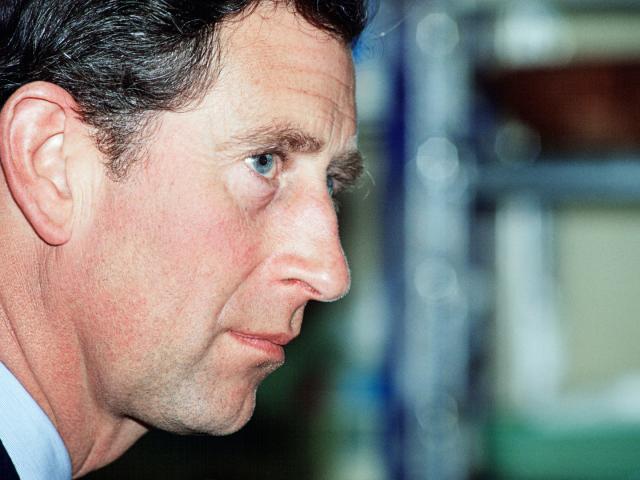Privileged Prince Harry faced a wave of criticism and backlash on social media after he suggested that people should leave their jobs to prioritize their mental health during an interview about his role at the startup company Better Up.
The 37-year-old Duke of Sussex, known for stepping away from his royal duties two years ago to settle in California with Meghan Markle, discussed his position as chief impact officer at the California-based mental health startup.
In his interview, Harry emphasized the importance of mental health awareness and highlighted the need to lead conversations in this evolving landscape.
However, social media users were quick to point out the perceived hypocrisy of his statements, given his lavish lifestyle in a $14 million Montecito mansion alongside his wife, Meghan.
The couple also secured lucrative deals with Spotify and Netflix, totaling millions of dollars.
Critics on Twitter lambasted Prince Harry for being out of touch with the everyday working class, questioning his credibility to offer advice on leaving jobs for mental well-being.
Many highlighted the stark contrast between Harry’s financial security and the struggles faced by individuals living paycheck to paycheck, emphasizing the necessity of work for survival and providing for families.
One Twitter user sarcastically remarked on Harry’s lack of experience in traditional employment, highlighting the irony of his advice considering his privileged background.
The sentiment echoed by many was that Harry’s perspective on job satisfaction and mental health failed to resonate with those who do not have the luxury of financial stability or the option to quit their jobs.
Royal expert Paul Baldwin expressed that Prince Harry seemed disconnected from the realities faced by ordinary British citizens, suggesting that Harry’s recent comments reflected a lack of understanding of the challenges faced by working-class individuals.
Baldwin criticized Harry’s remarks, implying that the prince’s privileged upbringing may have clouded his perception of the struggles faced by many in society.
The commentary on Harry’s transformation from a relatable royal figure to a detached persona drew comparisons to his late mother, Princess Diana, who was known for her genuine interactions with people.
Critics lamented Harry’s apparent shift towards a more commercialized and detached demeanor, questioning the authenticity of his recent statements on mental health and employment.
The public scrutiny intensified as individuals questioned the influence of Meghan Markle on Harry’s evolving public image, with some speculating on the impact of their partnership on his recent statements.
Observers noted a departure from Harry’s previous reputation for honesty and authenticity, suggesting that his current stance appeared contrived and disconnected from the realities faced by many.
Despite his intentions to advocate for mental health awareness, Prince Harry’s comments sparked a debate on social media about the complexities of balancing work, financial stability, and well-being.
The divide between Harry’s privileged background and the challenges faced by ordinary individuals underscored the importance of acknowledging diverse perspectives on mental health and employment in society.
As Prince Harry navigates his role in the public eye, the reactions to his statements serve as a reminder of the nuanced discussions surrounding mental health, privilege, and societal expectations.
The juxtaposition of Harry’s personal experiences with broader societal issues highlights the complexities inherent in addressing mental health and work-life balance in a diverse and ever-changing world.
Related Stories

